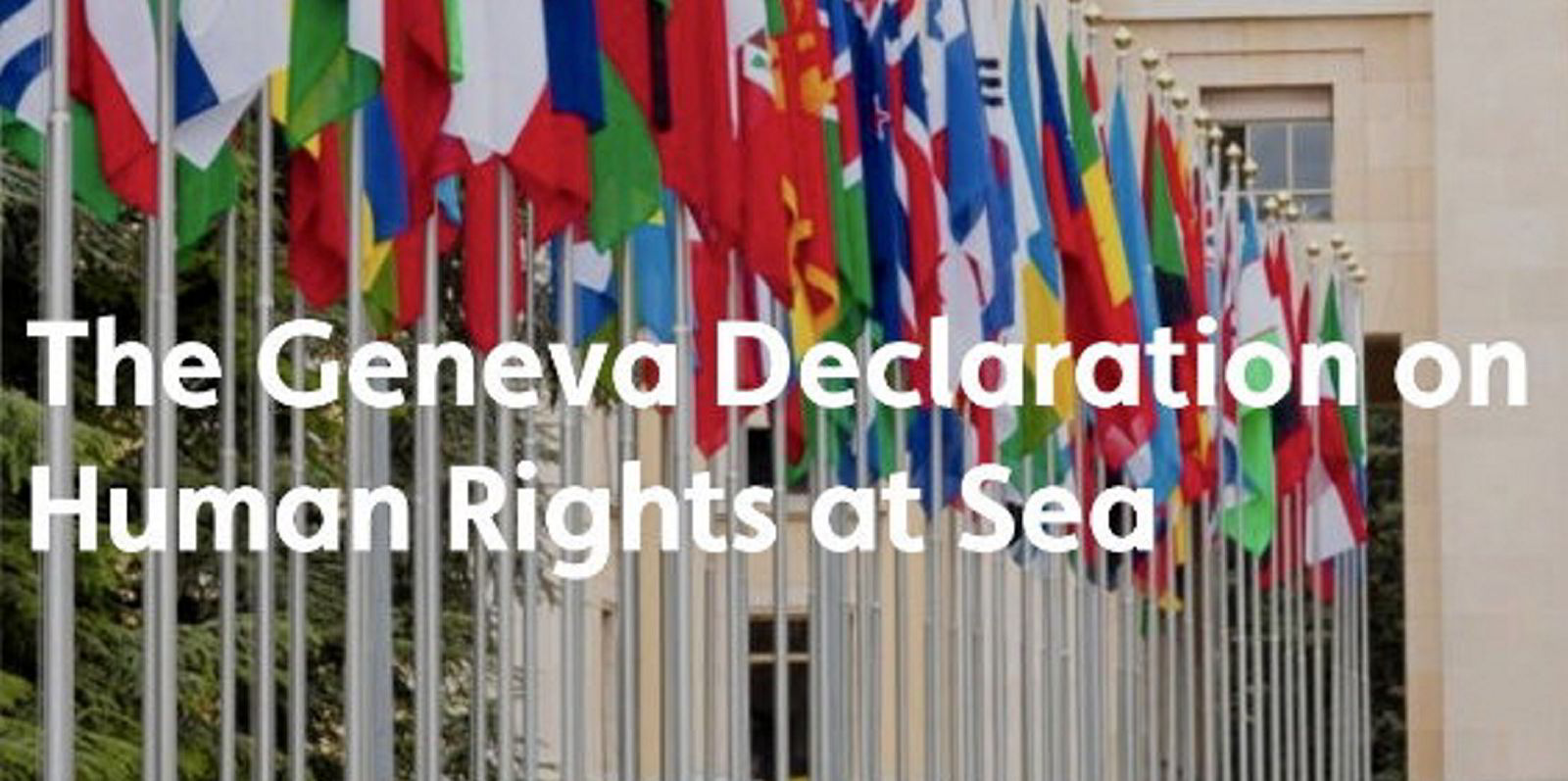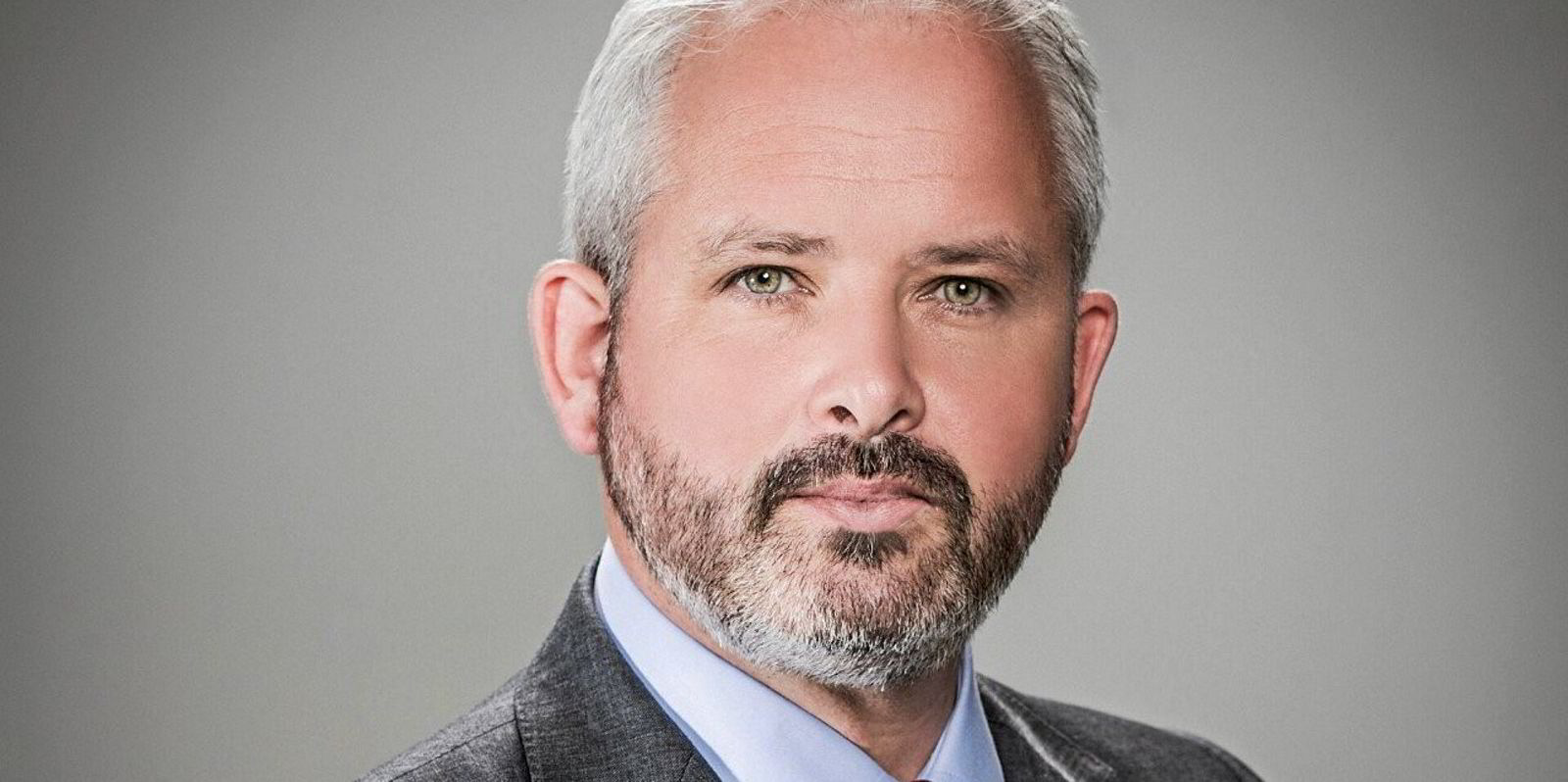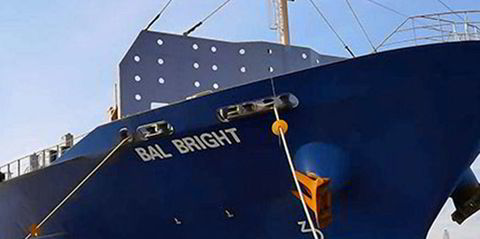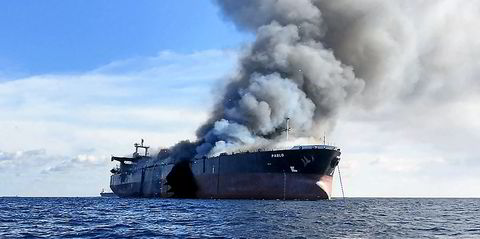UK charity Human Rights at Sea (HRAS) has launched a new code aimed at protecting seafarers and passengers worldwide.
The Geneva Declaration on Human Rights at Sea has been three years in the making, the charity told TradeWinds.
The code has been reviewed by law firms HFW, Reed Smith, Norton Rose Fulbright and DLA Piper.
HRAS views the work as a “seminal document” in the drive towards codifying human rights at sea.
The declaration has also been acknowledged in a report into the continuing fitness for purpose of the United Nations Convention on the Law of the Sea (UNCLOS) by the UK’s House of Lords.
The code targets piracy, criminal violence, breaches of maritime labour rights, seafarer abandonment, slavery, trafficking, child labour, and failures in equality and inclusion.
The work was carried out by experts in public, international, humanitarian, and refugee law.
“Given the challenging and under-regulated nature of the global maritime environment, abuse of human rights at sea is inadequately reported, enforced, or remedied. People continue to disappear, die, and be assaulted at sea,” HRAS said.
The intention is to generate global awareness and an international response to human rights violations at sea and ensure effective remedy for victims.
“We estimate that there are around 30m men, women and children at sea at any time. All have human rights,” said drafting team member professor Steven Haines.
Out of sight, out of mind?
Human rights at sea are universal.
There are no maritime-specific reasons for denying human rights at sea.
Human rights established under both treaty and customary international law must be respected at sea.
“Sadly, they are out of sight and out of mind as far as most people are concerned. Far too often, their human rights are breached or wantonly abused,” he added.
The code provides port states, coastal states, and flag states with guidance.
But team member professor Anna Petrig said there are no new obligations contained in it.
“No states are being asked to take on new responsibilities. The declaration brings together the various human rights obligations that all states have and explains how they apply to people at sea,” she added.
HRAS said flag states are however obliged to ensure compliance with human rights on board.
The overlap of the human rights obligations of flag states, port states, and coastal states are all addressed in the declaration, with cooperation between these parties encouraged.
The guidelines note it is good practice for port states to monitor flag states’ compliance with human rights on board their vessels and take necessary steps to ensure effective remedies.
Time to advocate
“We are incredibly grateful to the drafting team and the law firms who have supported the development of the declaration,” said HRAS chief executive David Hammond.
“This is the first time that the human rights of all people at sea have been codified in one document,” he added.
Hammond said the sea has been for too long a space where those who want to abuse the human rights of people are allowed to do so freely and without consequence.
“The declaration will help to stop that,” he added.
The plan now is to advocate its adoption by states over the coming months.





